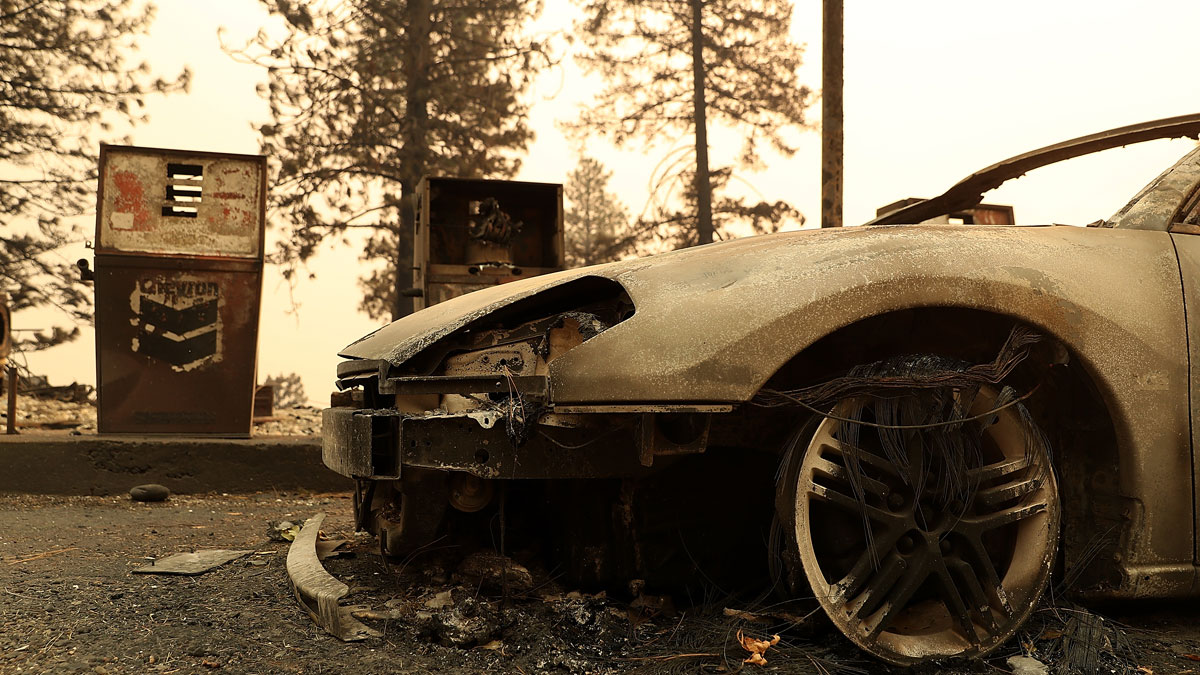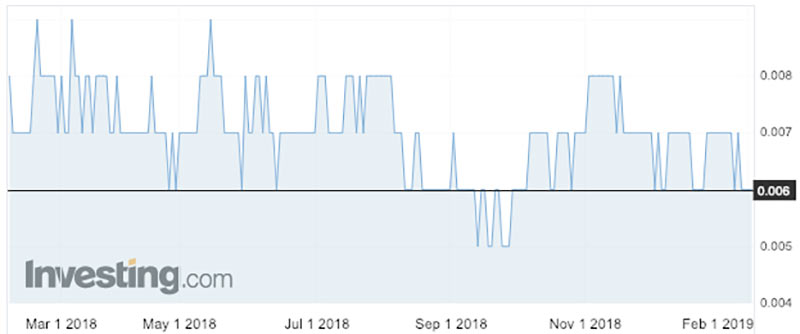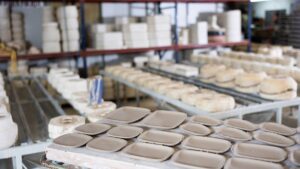HPA hopeful Andromeda catches the eye of the EV battery supply chain

HPA can help reduce battery fires. Raging Californian bushfires, not so much - unfortunately. Picture: Getty Images
High Purity Alumina (HPA) hopeful Andromeda has caught the eye of a company which supplies global battery maker LG Chem.
HPA, which can be created from an aluminous clay called kaolin, is in demand because it helps stop lithium-ion batteries from catching fire.
HPA is also used in things like LED lights, smartphone screens, and surgical tools.
South Australian based Andromeda (ASX:ADN) said that discussions were now “in progress” regarding the use of Andromeda’s halloysite-kaolin for HPA production in China.
The $6.1m market cap explorer was up over 8 per cent to 0.65c in morning trade.
Andromeda says halloysite is a rare derivative of kaolin which commands a significant premium above the normal price.
The explorer is currently investigating a simple business model – start by shipping raw ore from its Poochera project in South Australia to HPA producers in China.
This hopefully reduces initial start-up costs because they don’t need to build a processing plant to start making cash.
Andromeda’s aim is to move rapidly into prefeasibility stage after the Poochera scoping study is completed in the first half of 2019.
Miners undertake up to four different types of studies to determine whether or not a resource can be mined economically.
These are – in order of importance — scoping, preliminary feasibility (PFS), definitive feasibility (DFS) and bankable feasibility (BFS).

Andromeda also says a third round of testing on the company’s halloysite-kaolin deposits in South Australia confirmed a 4N (99.99 per cent) purity is achievable and repeatable with only a single purification stage.
4N HPA is the largest sector of the HPA market.
This compared favourably to peer companies which required multiple purification stages to reach 4N purity, the company said.
And it means there’s potential to “significantly” reduce the amount of cash needed to build and run a HPA processing plant in the future.
But it also said achieving a 5N (99.999 per cent) purity test result had proved impractical at this point in time “due to equipment and laboratory limitations”.
Andromeda managing director James Marsh told Stockhead they believe its possible to achieve 5N (which sells for a higher price) but there are a couple of challenges.
First, they’ll have to use third party testing laboratories that have better equipment.
And second, the definition of 4N/5N depends on who you talk to and which standards they use.
“[For example], synthetic sapphire producers have a different list of impurities to battery separator makers, and in addition, physical properties such as HPA grain size, density etc come into play depending on the end user [and] who you are talking to,” Mr Marsh said.
“This is why we are now engaging with a potential Chinese HPA producer who already supplies the battery sector and has a good understanding of their specific requirements and definitions.”
- Subscribe to our daily newsletter
- Bookmark this link for small cap news
- Join our small cap Facebook group
- Follow us on Facebook or Twitter
This is at an early stage, but they are keen to progress as quickly as possible, Mr Marsh said.
“Our strategy is to get to early cashflow by starting the DSO [direct shipping ore] business first, as we have significant and growing indicated demand for this,” he said.
“The HPA opportunity for the halloysite kaolin is very exciting and potentially huge, and so locking in a deal with a third party processor using our premium feed could be a very good way to fastrack that business.”
The explorer had about $1 million in the bank at the end of the December quarter. It expects to spend about $400,000 in the March quarter.
UNLOCK INSIGHTS
Discover the untold stories of emerging ASX stocks.
Daily news and expert analysis, it's free to subscribe.
By proceeding, you confirm you understand that we handle personal information in accordance with our Privacy Policy.








